Public comment sought on responsible clean energy development
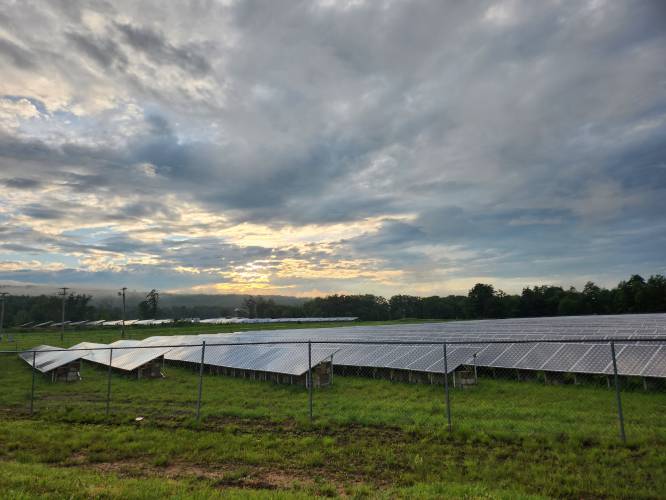
A field of solar panels off Daniel Shays Highway (Route 202) in Orange. Residents have until today to submit their input regarding the process by which clean energy projects are permitted in Massachusetts. STAFF FILE PHOTO/SHELBY BROCK
| Published: 03-14-2024 5:00 PM |
By DOMENIC POLI
Staff Writer
Residents have until Friday to submit their input regarding the process by which clean energy projects are permitted in Massachusetts.
An online survey is soliciting public comment on how the state should protect health, safety and community livability as well as the natural environment as the Commission on Energy Infrastructure Siting and Permitting works to provide recommendations for reforms to remove barriers to responsible clean energy infrastructure development in Massachusetts Gov. Maura Healey formed the commission by executive order in September, with an eye toward reaching the state’s net zero climate target by 2050.
The survey can be found at tinyurl.com/r3vd6bwu. People are also invited to visit tinyurl.com/36b7n4y9 to sign an electronic letter to the commission.
Eric Smith, Athol’s director of planning and community development, described this proposal as a “mixed bag,” saying that on one hand, it may make it easier for these projects to be approved. On the other, he said that the town has worked hard on its bylaws and zoning for these types of development.
“It would be a shame to lose Home Rule for these facilities,” said Smith, referring to the 1966 law in Massachusetts that allows communities to self-govern in local matters.
Smith said that when it comes to wind turbines, the town’s zoning is “pretty restrictive,” and he’s seen no changes in recent years. The zoning for solar used to be more lenient, and in 2020 this were updated. Solar canopies in parking lots, for example, need only a permit from the building inspector, while a proposal to clear-cut trees to install solar panels would go before the Planning Board.
Article continues after...
Yesterday's Most Read Articles
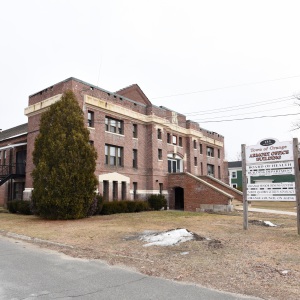 Orange Selectboard declares armory as surplus property
Orange Selectboard declares armory as surplus property
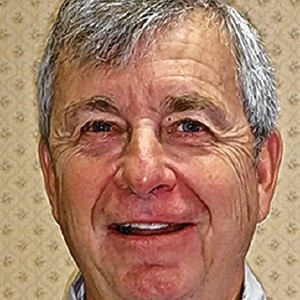 Sportsman’s Corner: Orange Gun Club’s Kids Derby
Sportsman’s Corner: Orange Gun Club’s Kids Derby
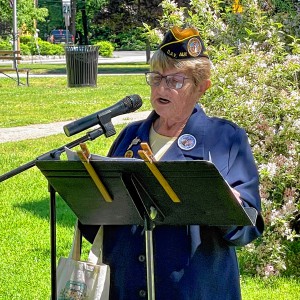 Volunteers repaint Athol gazebo for veterans memorial service
Volunteers repaint Athol gazebo for veterans memorial service
 Battery storage bylaw passes in Wendell
Battery storage bylaw passes in Wendell
 Debt-burdened UMass students, grads rally for relief
Debt-burdened UMass students, grads rally for relief
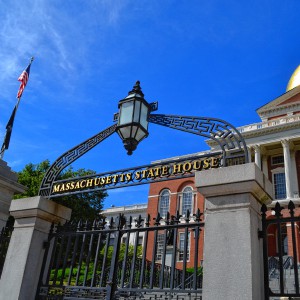 Committee forms to oppose psychedelics push in Mass
Committee forms to oppose psychedelics push in Mass
“We try to make it easier for the ones that people want to see, like the canopy (projects),” Smith said.
Today, the town has some solar sites, on Templeton Road and Adams Farm, for example. One challenge the town has faced is the National Grid transmission lines, which were constructed around 1910, Smith said, and designed to send power out. But for solar panels, the power is put back into the grid, and Smith said a two-way line needs to be installed.
“We permitted others, (solar projects), but got bogged down due to National Grid’s infrastructure,” Smith said.
Michael DeChiara, who chairs Shutesbury’s Energy & Climate Action Committee and sits on the town’s Planning Board, fears the recommendations will remove local control and regional oversight for the siting of renewable energy facilities and certain utility infrastructure.
“The issue is ... local communities know best how to site,” DeChiara said. “If you want to protect the ecosystem, if you want to protect drinking water, if you want to protect agricultural land … it can only happen with local permitting.”
Similarly, Buckland resident Janet Sinclair, co-founder of the environmental advocacy organization Save Massachusetts Forests, said she is worried the Commission on Energy Infrastructure Siting and Permitting’s recommendations — which have not yet been made public — will call for the elimination of home rule as it pertains to siting and permitting for clean energy infrastructure development. Home rule allows cities and towns to enact their own legislation on various issues, as long as it does not conflict with federal or state law.
“This is a really old, important aspect of Massachusetts politics — home rule,” she said, adding that the idea dates back centuries.
When Healey swore in the commission’s more than two dozen members in September, she outlined some expectations.
“We’ve got to get going on this, and you all as a commission are tasked with a few things. One, reducing permitting timelines — I’m serious about that. Reducing permitting timelines. Figure that out, we’ve got to get that done,” Healey told commissioners at the time.
The governor also said in September that she expects recommendations from the commission by spring.
“I know we can expect a strong slate of recommendations that will help us deliver clean, affordable energy to communities and all the economic growth that comes along with that,” she said. “There is no state better situated than Massachusetts to make the most of this, but it’s going to require a lot of work and a lot of effort, and that is what I am personally asking of each and every one of you over the coming weeks and months.”
Reach Domenic Poli at: dpoli@recorder.com or 413-930-4120. Information from State House News Service was used in this article.
Athol Daily News Editor Max Bowen contributed to this report.

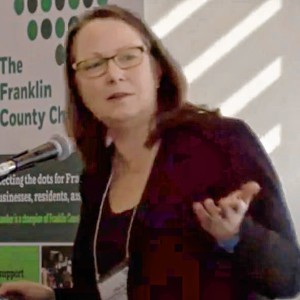 Office of Travel and Tourism director tours Franklin County, looks to increase presence
Office of Travel and Tourism director tours Franklin County, looks to increase presence Nature lovers gather at Adams Farm for hawk watch
Nature lovers gather at Adams Farm for hawk watch